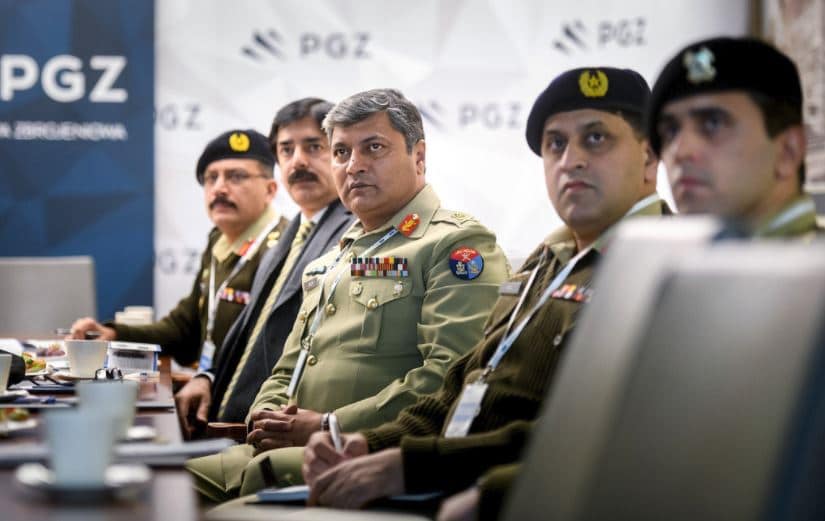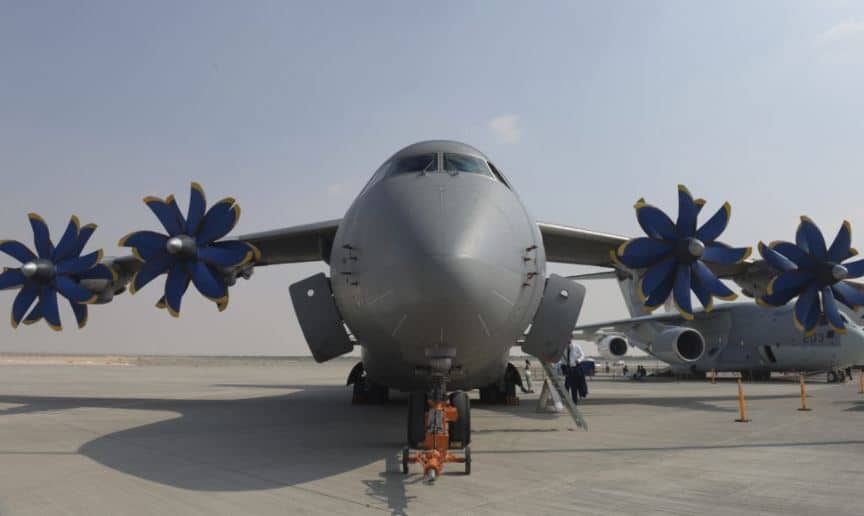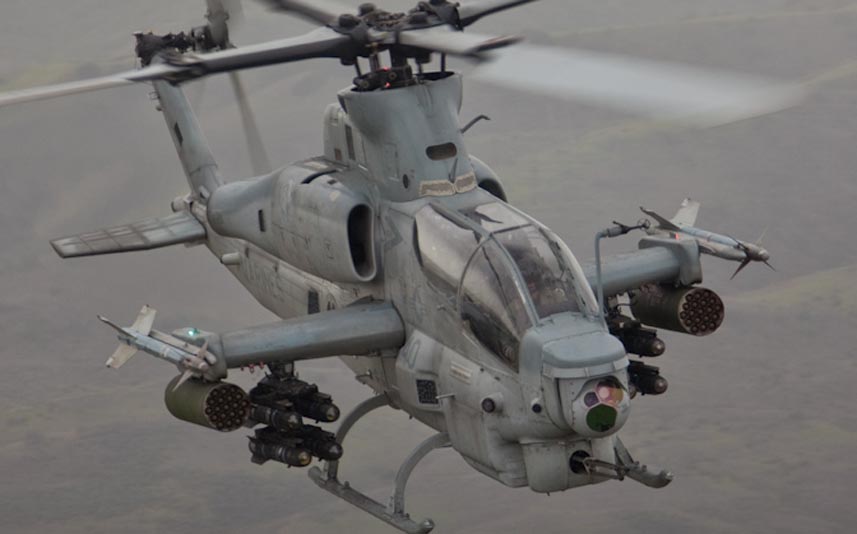28Views 2Comments

HIT leadership meets with Polish Armaments Group (PGZ)
Heavy Industries Taxila (HIT) Chairman Lt. Gen. Muhammad Naeem Ashraf led a HIT delegation to visit the Polish Armaments Group (Polska Grupa Zbrojeniowa: PGZ) on November 28.
This was the third and final official bilateral meeting involving PGZ and various Pakistani defence industry vendors this year. Pakistan Ordnance Factories (POF) and the Pakistan Air Force (PAF) leadership met with PGZ on November 16 and November 24, respectively.
According to PGZ, the HIT delegation discussed “the potential of cooperation in the field of land-based platforms” at the meeting. PGZ’s photos show HIT officials reviewing product catalogues, including those for night-vision sights for small-arms.
Notes & Comments:
HIT is Pakistan’s primary supplier of main battle tanks (MBT), armoured personnel carriers (APC) and light armoured vehicles. HIT also manufactures 125 mm and 105 mm smoothbore guns and can forge barrels for cannons with munition calibers ranging from 105 mm to 203 mm. Under its modernization roadmap, HIT is transitioning its tank production process to automated manufacturing by June 2018.
PGZ represents various Polish armour companies, among them Rosomak S.A., which manufactures an 8×8 armoured fighting vehicle (AFV) designated KTO Rosomak and Military Zakłady Motoryzacyjne SA, which provides maintenance and overhaul services for armoured vehicles.
As HIT embarks on the development of next-generation programs, such as the al Khalid 2 MBT, PGZ could work to connect its companies to fulfilling specific requirements in HIT’s channel. For example, PGZ could propose HIT with support in the development of new ballistic armour, main turret design, co-developing complementary weapons such as heavy machine guns and remote-controlled turrets and electronics subsystems. PGZ could also pitch its machining and factory equipment companies to HIT.
It is unlikely that HIT will adopt a complete system, especially a licensed or collaboratively designed vehicle such as the KTO Rosomak AFV or AHS Krab self-propelled howitzer (SPH). For the Pakistan Army, these are unlikely to be feasible for wide-scale adoption due to cost and layers of third-party regulatory issues (e.g. the AHS Krab uses South Korean and British inputs). However, regarding the AHS Krab specifically, HIT could benefit from OBRUM Gliwice and Huta Stalowa Wola SA experience in integrating diverse inputs to develop a new SPH solution. There could also be scope for partnerships in new SPH, AFV and other solutions designed for markets that are both cost-sensitive and not well-connected to Western suppliers.


